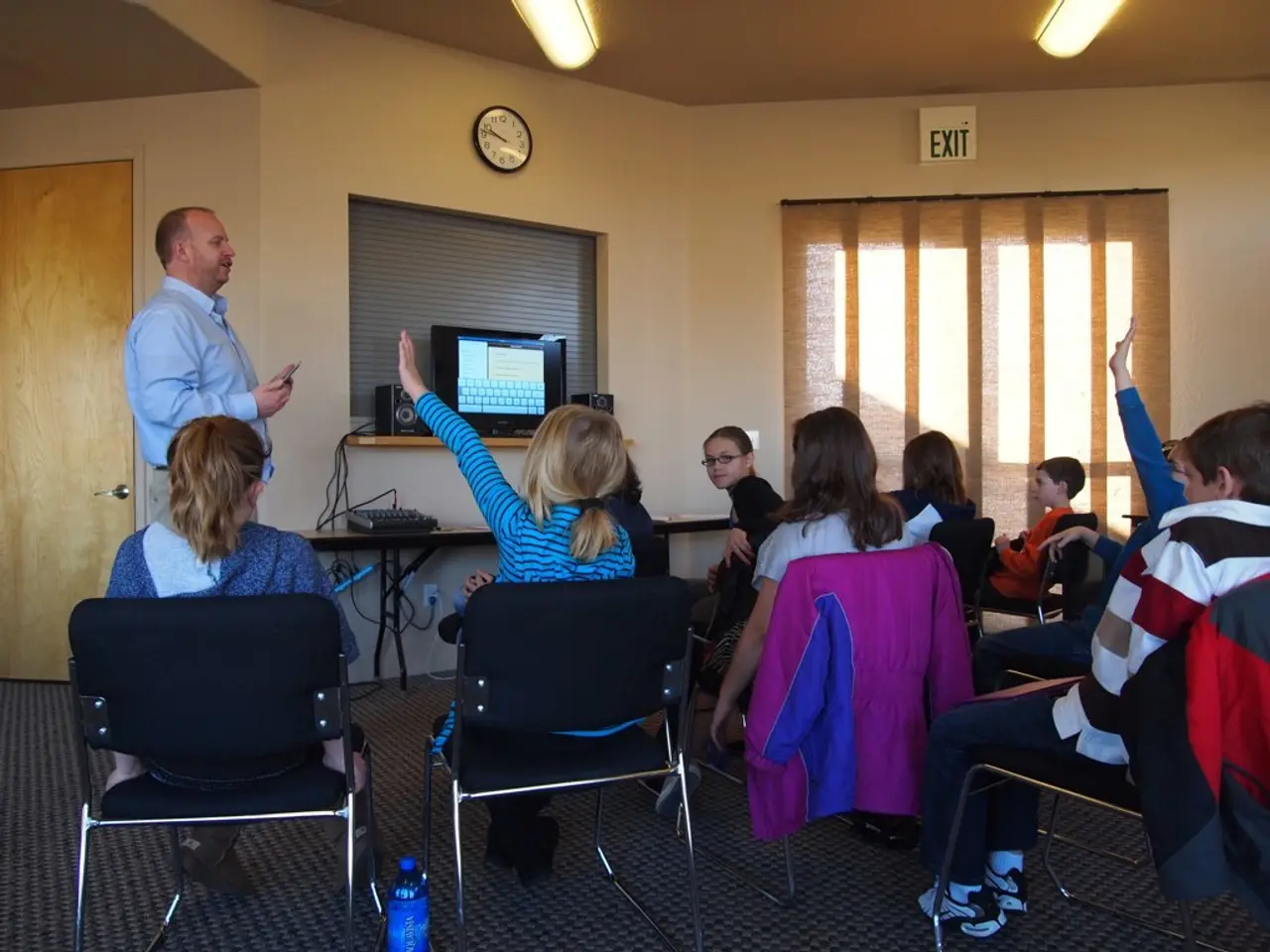Efficient Time Management in International Baccalaureate: Practical Methods and Strategies that Deliver Results
Managing time effectively is crucial for IB students as they navigate the demanding IB Diploma Programme, which includes six subjects, the Extended Essay (EE), Creativity, Action, Service (CAS), and Theory of Knowledge (TOK). Here are some strategies that can help IB students make the most of their time.
Use Time-Blocking
Allocate dedicated daily slots for each subject or task to ensure balanced attention across all IB areas. This approach, known as time-blocking, can help students stay organised and focused.
Set Micro-Deadlines
Break larger assignments like the EE or Internal Assessments (IA) into smaller achievable goals to avoid last-minute stress. This strategy can help students manage their workload more effectively and reduce the risk of burnout.
Create a Weekly Study Plan
Organise your workload weekly, prioritising tasks by deadlines and difficulty to focus efforts where needed most. A weekly study plan can help students stay on track and ensure that they are making progress towards their goals.
Avoid Multitasking
Concentrate on one subject or task at a time to improve retention and efficiency. Multitasking can be tempting, but it often results in reduced productivity and increased stress.
Use Organisational Tools
Digital apps such as Google Calendar, Notion, Trello, or RevisionDojo can help track deadlines, schedule revisions, and manage CAS activities in one place. These tools can help students stay organised and on top of their workload.
Apply Study Techniques like Active Recall and Spaced Repetition
These methods improve memory retention and reduce overall study time. Active recall involves recalling information from memory, while spaced repetition involves reviewing information at increasing intervals to reinforce learning.
Incorporate Breaks and Self-Care
Balancing work with regular breaks, exercise, and sufficient sleep (7–8 hours recommended) is essential for maintaining mental wellbeing. Mental wellbeing boosts productivity and reduces burnout.
Practice Exam Conditions
Use timed, distraction-free study sessions to simulate exam environments, enhancing time awareness and confidence. This strategy can help students prepare for exams and perform at their best.
Say No to Procrastination
Start early and focus on small progress steps. For instance, outline your EE before writing full sections to build momentum. Procrastination can be a major obstacle to success, so it's important to develop strategies to overcome it.
Balance Extracurriculars with Academics
Integrate activities like sports or music into your routine strategically, often via CAS, to maintain overall wellbeing. It's important to find a balance between academics and extracurricular activities to avoid burnout.
Review Progress and Reflect
Each week, it's beneficial to review progress, adjust goals, and reflect on what worked and what didn't. This strategy can help students stay on track and make adjustments as needed.
RevisionDojo offers study templates, customizable planners, Jojo AI routines, and self-check prompts designed specifically for IB students. The platform includes self-monitoring templates for setting academic and wellness targets, making it an excellent tool for IB students looking to manage their time effectively.
By combining structured planning, focused study blocks, effective revision techniques, and wellbeing practices, IB students can develop a comprehensive time management approach tailored to their needs. This approach can help improve performance, reduce anxiety, and ensure that students are making the most of their time.
- Developing a comprehensive approach to education-and-self-development as an IB student involves time-management strategies like time-blocking, setting micro-deadlines, creating a weekly study plan, avoiding multitasking, and incorporating breaks and self-care.
- Personal growth and learning can be better achieved by IB students through the application of study techniques like active recall and spaced repetition, the use of organisational tools, balancing extracurricular activities with academics, and incorporating self-reflection in their time management approach.




